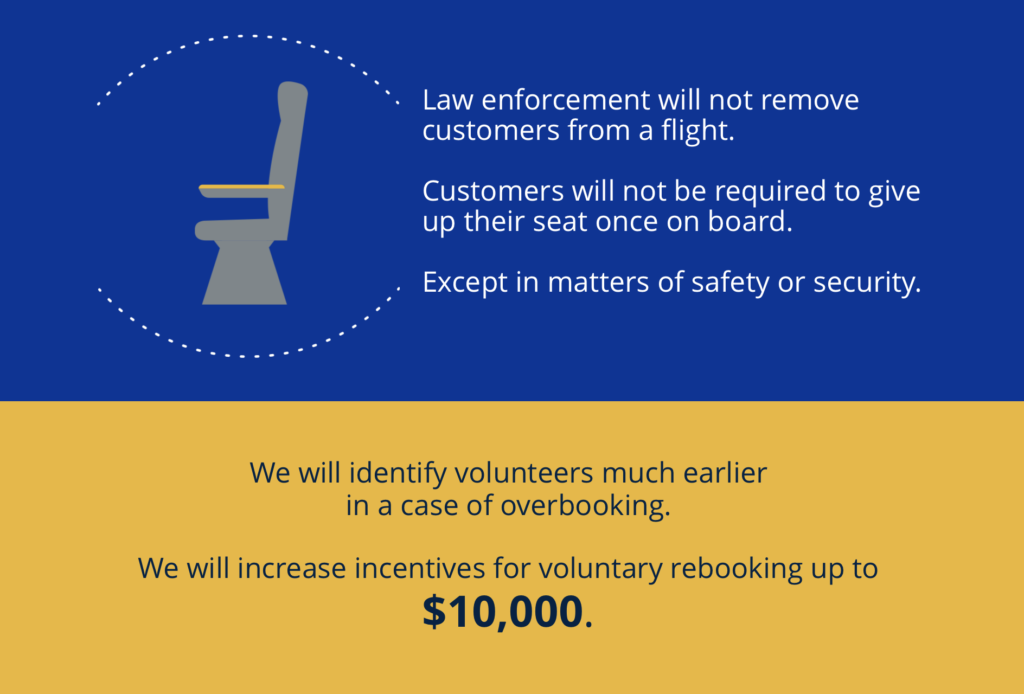With devaluations, Basic Economy expansion, more fees, or even #PRFails, we often focus on the cutbacks and failures in the aviation industry. But of course, many of these negative events or changes have led to public outcry or widespread coverage. These reactions often highlight an existing problem, and airlines have been implementing some positive changes as a result. As we near the end of the year, it’s worth looking at some of the positive changes in commercial flying.
One thing that immediately jumped to mind is the infamous United-dragged-passenger-off-plane incident in April. Dr. Dao, a physician onboard a United flight was forcefully (and literally) dragged off a plane after refusing to give up his seat for crew members. United received waves of negative press about the incident, especially after making a number of false and unapologetic statements; the PR chief eventually announced his resignation earlier this month.
However, with the Dr. Dao incident came a review of the red tape surrounding denied boarding. Airlines took a refreshed look at how they incentivize passengers to voluntarily give up their seats. Delta quickly announced that it has increased the maximum payout to volunteers by agents from $800 to $2,000. With supervisor authorization, the maximum voluntary bump compensation can now go as high as $9,950.

United is raising the limit on voluntary bump compensation after Flight 3411.
United conducted an internal review of the events that took place surrounding Dr. Dao’s flights, and has issued similar policies. They have since rolled out a new “in the moment” app for frontline agents, who can then provide immediate compensation in miles, vouchers, etc. should similar incidents occur. Like Delta, United has also increased its maximum payout, up to $10,000 for a voluntary bump. Apart from increased compensations, passengers will also receive increased protection with United’s new policy of not removing passengers who are already seated.
While there was no excuse for what happened to Dr. Dao, the aftermath of the incident represents a win-win for passengers. Those who are flexible with their travel plans can potentially receive higher incentives, which in turn will likely reduce the number of passengers being involuntarily denied boarding.
The responses below are not provided or commissioned by the bank advertiser. Responses have not been reviewed, approved or otherwise endorsed by the bank advertiser. It is not the bank advertiser's responsibility to ensure all posts and/or questions are answered.